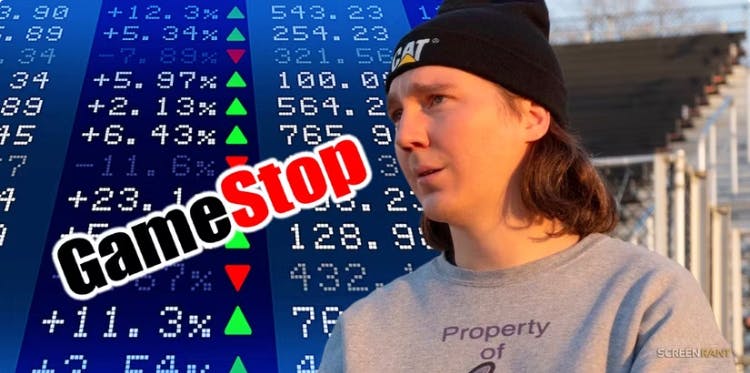“What can the critics do but stare” This was my thought as the news broke of GameStop rallying 110% during yesterday’s trading session."Is this happening again?" I whispered, a stunned laugh escaping my lips. With GameStop’s recent price action, investors around the world are embracing a new reality that a daring meme stock can also take Wall Street by storm.
The story of GameStop’s miraculous comeback still continues to captivate the investing audience even though three years have passed since it experienced an unprecedented turn of events that saw it going from doom to boom. And that it took one man’s appetite for the shares of a struggling company to trigger the liquidation of billions of dollars in the stock market is no less amusing.
When the demand for the shares of a struggling company on a popular stock exchange such as Wall Street is driven by a group of meme-loving investors banding together to give established investors a run for their money, you have a situation that resembles a rescue mission, and in the phraseology of being concise and self-explanatory, experts define such shares as a meme stock to show that they are of an interesting origin.
Although critics acknowledge that investing in meme stocks carries the same level of risks as traditional stocks, for “dumb apes”, a pejorative phrase used to refer to the members of a meme stock community, to liquidate $1 billion on the stock market in one hour can not be less newsworthy. But what is all the more interesting is that these stocks have been holding the line since 2021.
I guess this is just history repeating itself or another occasion to teach hedge fund investors a lesson. The first time this happened was in 2021 when a user on the Reddit forum WallStreetBets, Keith Gill, invested $50,000 of his money in GameStop, which was trading at an unattractive price of $4 at the time.
Booed and bullied, Gill stayed put, built a silent army of investors, and lo and behold by January 2021, his $50,000 was now worth a staggering $48 million, with the GameStop’s value increasing by 1,915% and trading at $347.51.
This rally took Wall Street investors by surprise and caused a lot of rich investors to lose a lot of money through short selling. To the vast astonishment of WallStreet, it was discovered that a vast army of redditors led by Gill was behind the massive demand for GameStop stock, an event that would later bring him fame.
Three Years Later
Returning to the social media space three years after leading a resistance against Wall Street's Hedge Funds, Keith Gill is certain he would make headlines across the world as soon as he dropped a tweet. His absence after the event that cost Wall Street investors over $12.5 billion only meant that his return had been very much anticipated.
While it is too early to conclude that the meme stock frenzy is back, Gill‘s return might offer a clue into how the market responded to it: short sellers have already lost $1 billion dollars and AMC, another meme stock, has recorded a $33 increase. This is not unexpected. After all, he is a symbol of that very historic sentiment that brought GameStop back from the dead.
Sentiments Over Fundamentals
A valuable lesson modern-day investors can learn from this experience is that sentiment is a powerful force in the investment landscape, especially in the digital age where information moves at a breakneck speed. It surmises that even in the absence of strong fundamentals, a conscious investing community like that of WallStreetBets can shape the financial landscape.
This was true of the prevailing mood at the time engineered by Keith Gill(aka Roaring Kitty). It should be remembered that in 2021, Gill, while known by the moniker DeepF**kingValue, gave an utterance to his feelings about Wall Street firms heavily shorting GameStop stock in a bid to profit from its decline. This predatory short-selling might have enraged Gill greatly, prompting him to weaponize his feelings.

In
Conclusion
The return of meme stocks and the resurgence of GameStop raise intriguing questions about the future of the stock market. While some see it as a fleeting phenomenon, others believe it represents a fundamental shift in power dynamics.
Regardless, one thing is certain: the age of information and social media has given retail investors a powerful voice, and their influence on the market cannot be ignored. As the story unfolds, it will be fascinating to see how Wall Street adapts and how regulators respond to this evolving landscape.
